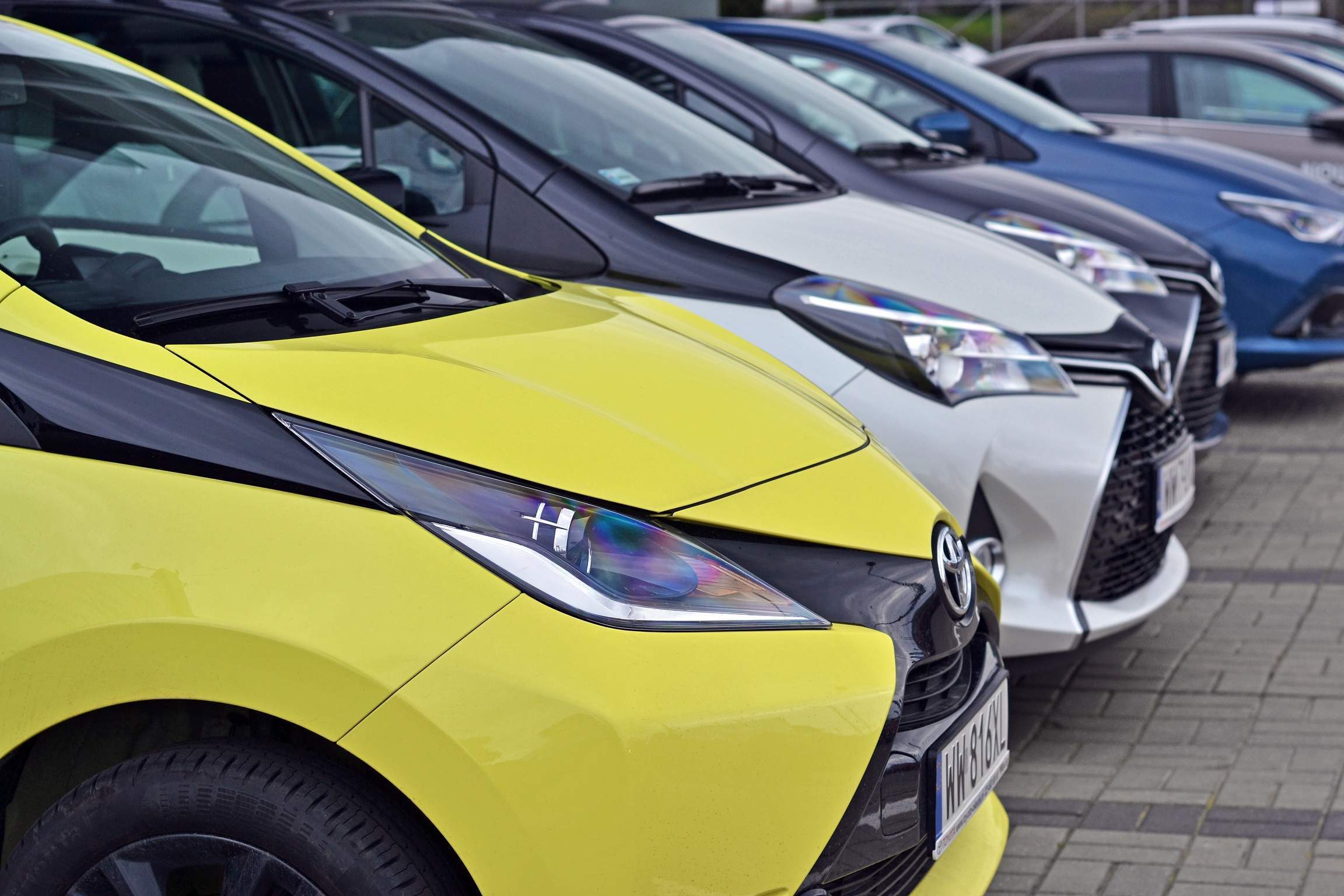
With the number of young people owning cars dropping rapidly, on-demand transportation services are growing in popularity. However, the attitudes of existing car owners to private vehicle ownership may present a major road block.
A new survey commissioned by Ito World asked 1,568 British commuters what would convince them to switch from their private car to alternative modes of transport. The most popular answer to this question was “nothing”, with 44% choosing this option.
Worryingly, concern for the environment was the least popular response, with just 5% citing it as a reason to give up their private vehicle. Improvements to public transport (accessibility and cost) each received 18% of the votes, and better cycle routes and improved shared mobility options each got 5%.
These findings are part of a whitepaper called “Kicking the UK’s car habit” issued by Ito World today looking at what it will take to encourage drivers to move away from fossil fuels.
In Europe, there have been several initiatives to limit the number of cars on the road. Madrid has banned cars not owned by residents, Oslo permanently banned cars in its city centre this year and Paris banned diesel cars.
The UK government’s Clean Air Strategy published earlier this year sets out plans to meet targets to reduce emissions with calls for a ban on vehicles idling close to places such as schools and hospitals.
How well do you really know your competitors?
Access the most comprehensive Company Profiles on the market, powered by GlobalData. Save hours of research. Gain competitive edge.

Thank you!
Your download email will arrive shortly
Not ready to buy yet? Download a free sample
We are confident about the unique quality of our Company Profiles. However, we want you to make the most beneficial decision for your business, so we offer a free sample that you can download by submitting the below form
By GlobalDataMobility as a service as an alternative to ownership
Deterrents to car ownership have paved the way for alternative providers entering the market, offering better ways for citizens to travel. However, while the case for mobility as a service is getting stronger, shifting behaviour will be key to changing the way we travel.
The whitepaper demonstrates how mobility as a service, in which individuals do not own cars but have access to them as and when they need them, is key to reducing people’s dependency on privately owned vehicles and in turn lowering carbon emissions. It urges authorities to take steps to develop the infrastructure, technology and incentives to change the UK’s relationship with privately-owned vehicles.
A recent trial conducted by Transport for Greater Manchester, which gave drivers the chance to try mobility as a service had positive results. Six months after the trial, there was an overwhelming response from participants to bring it back, with a 26% uptick in the willingness to use public transport and 21% to cycle and walk.
Johan Herrlin, CEO of Ito World said:
“The evidence from the trial has provided fascinating insight into one of the biggest challenges we face in terms of implementing MaaS in the modern age, and with so much being done in the sector, it’s a matter of time before more trials like this are rolled out for proof of MaaS.”



